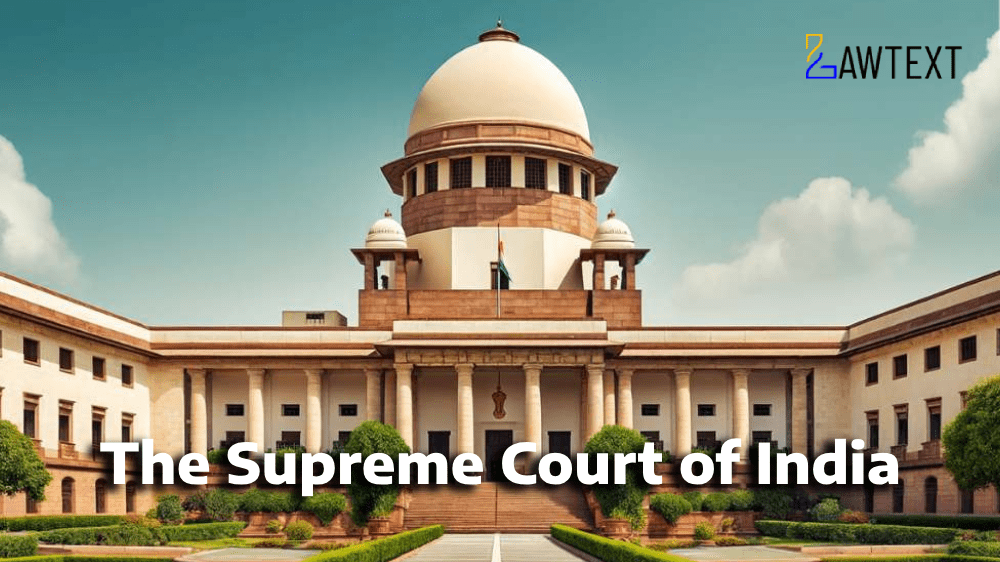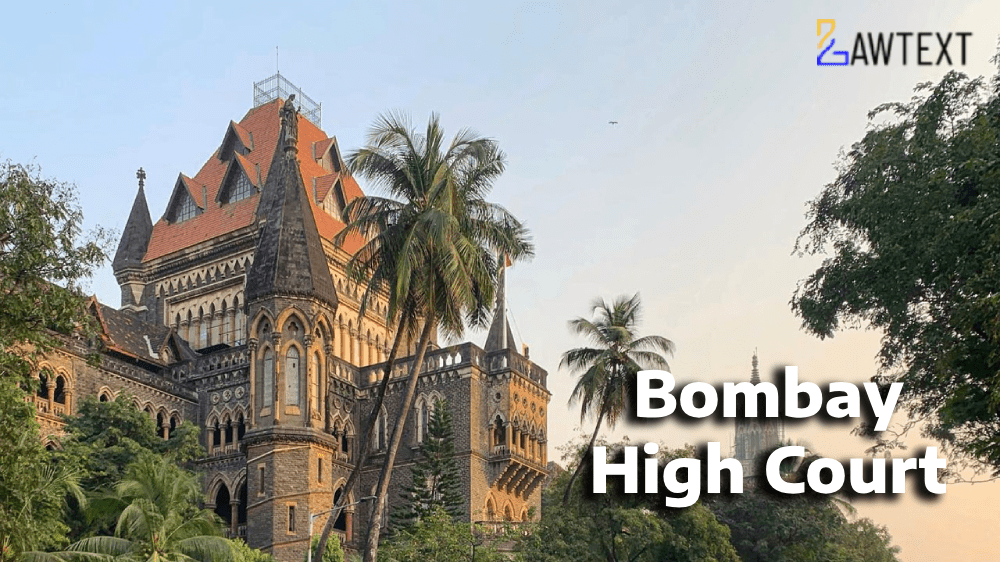Case Note & Summary
Provisions and Procedures Under the Representation of the People Act, 1951 for Election Disputes
Introduction: The introduces the key provisions of the Representation of the People Act, 1951, concerning the resolution of election-related disputes. The legal framework governing the presentation of election petitions, trial procedures, grounds for declaring elections void, and the jurisdiction and powers of the High Court in adjudicating such matters.
Presentation of Election Petitions (Chapter II): Summarizes Section 80, 80A, 81, 82, 83, 84, and the omitted Section 85, detailing the prerequisites and process for filing election petitions, jurisdiction, timeline, parties involved, contents, and reliefs sought in such petitions.
Trial of Election Petitions (Chapter III): Provides an overview of Section 86, 87, and Sections 93 to 99, outlining the dismissal criteria, trial procedures, and other procedural aspects governing the adjudication of election petitions.
Grounds for Declaring Elections Void (Chapter IV): Summarizes Section 100, 101, 102, and Sections 103 to 107, listing the grounds for voiding elections, scenarios for declaring candidates elected, and procedural aspects related to vote equality among candidates.
Pleadings and Replications: Highlights the requirements for pleadings under Section 83 and discusses the permissibility of replications under CPC rules, emphasizing the importance of maintaining consistency with original pleadings.
Case Analysis: A specific case where the High Court allowed the filing of a replication to address new facts introduced in the written statement, affirming the discretionary powers of the court in ensuring fairness in trial proceedings.
Conclusion: The procedural intricacies in the Representation of the People Act, 1951, emphasizing the significance of adhering to prescribed timelines and ensuring fairness in the resolution of election disputes.
Introduction: The headnote introduces the key provisions of the Representation of the People Act, 1951, concerning the resolution of election-related disputes. It outlines the legal framework governing the presentation of election petitions, trial procedures, grounds for declaring elections void, and the jurisdiction and powers of the High Court in adjudicating such matters.
Presentation of Election Petitions (Chapter II): Summarizes Section 80, 80A, 81, 82, 83, 84, and the omitted Section 85, detailing the prerequisites and process for filing election petitions, jurisdiction, timeline, parties involved, contents, and reliefs sought in such petitions.
Trial of Election Petitions (Chapter III): Provides an overview of Section 86, 87, and Sections 93 to 99, outlining the dismissal criteria, trial procedures, and other procedural aspects governing the adjudication of election petitions.
Grounds for Declaring Elections Void (Chapter IV): Summarizes Section 100, 101, 102, and Sections 103 to 107, listing the grounds for voiding elections, scenarios for declaring candidates elected, and procedural aspects related to vote equality among candidates.
Pleadings and Replications: Highlights the requirements for pleadings under Section 83 and discusses the permissibility of replications under CPC rules, emphasizing the importance of maintaining consistency with original pleadings.
Case Analysis: Analyzes a specific case where the High Court allowed the filing of a replication to address new facts introduced in the written statement, affirming the discretionary powers of the court in ensuring fairness in trial proceedings.
Conclusion: Summarizes the procedural intricacies outlined in the Representation of the People Act, 1951, emphasizing the significance of adhering to prescribed timelines and ensuring fairness in the resolution of election disputes.
Issue of Consideration: Sheikh Noorul Hassan vs Nahakpam Indrajit Singh & Ors
Premium Content
The Issue of Consideration is only available to subscribed members.
Subscribe Now to access critical case issues








